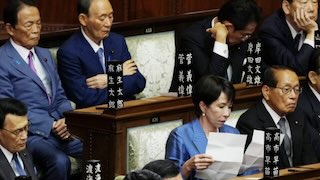Sep 15 (Japan Today) - Around 40 percent of the 169 people who fled to Japan from Afghanistan following the Taliban's return to power in August last year have left their new home due to what they say was pressure and a lack of support from the Japanese Foreign Ministry.
Although Japan has granted refugee status to 98 people, 58 returned to Afghanistan despite the risk of persecution by the Taliban, while seven left for the United States and Britain, according to the evacuees.
The 98 were newly recognized as refugees in August by the Japanese government, in a rare move for a country known for its strict refugee screening policy and poor record of accepting asylum seekers.
They comprised staff members who were working at the Japanese Embassy in Kabul and their family members.
Between October and December of last year, the ministry provided the embassy staff and their families with lodgings in Tokyo, meals and salaries.
But several of the staff told Kyodo News that they were pressured to leave Japan, having been told that their work contracts would end in late August.
They said ministry staff visited their homes and told them that living in Japan would be difficult and that a decision on whether to stay or leave the country would have to be discussed with their families.
They also said the ministry told them that should they return to Afghanistan, their travel expenses would be shouldered and they would receive a 20 percent salary raise. ...continue reading















